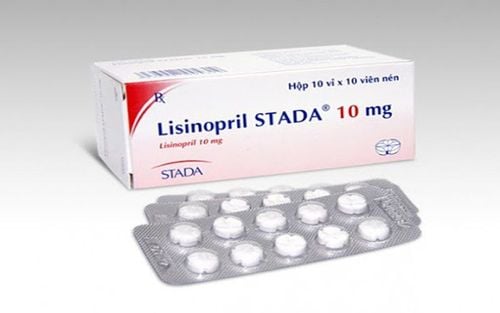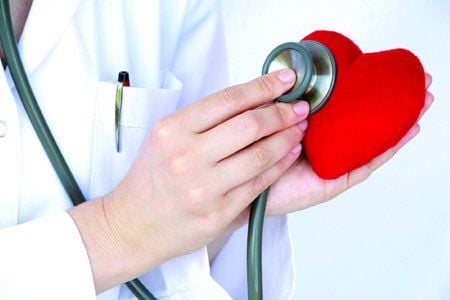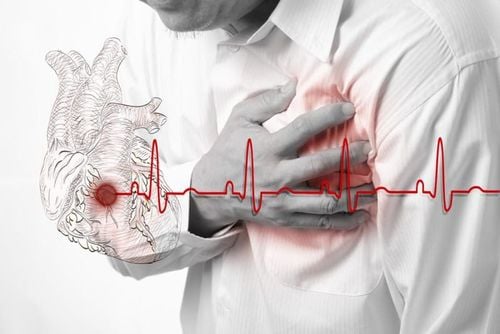This is an automatically translated article.
The article is professionally consulted by Master, Doctor Cao Thanh Tam - Cardiologist - Cardiovascular Center - Vinmec Central Park International General Hospital.
Heart failure occurring in the elderly are complications related to diseases such as hypertension, cardiovascular disease, or all other systemic diseases,...
1. Signs of heart failure in the elderly
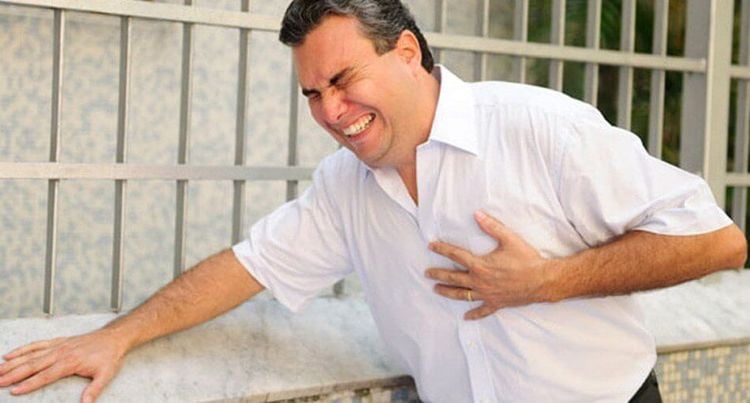
In general, heart failure in the elderly will appear severe or mild depending on how fast or slow the patient's heart failure is, the patient's age and the cause of the heart failure.
If chronic heart failure develops, the patient will appear some symptoms such as:
Shortness of breath: Most cases have shortness of breath on exertion, then shortness of breath even at rest, the patient You may have trouble breathing often at night when you try to sit up to breathe. Fatigue: Elderly people with heart failure often get tired easily and can't exert themselves when working. Leg swelling: This symptom usually worsens in the afternoon, then eases in the morning. Dry cough: The patient coughs more when lying down, the cough is non-productive and persistent, and this symptom is usually checked, diagnosed as a sign of heart failure after excluding other causes of respiratory disease. . Nocturia: The patient urinates easily, without needing to urinate, painful, with a large amount of urine. In the elderly, nocturia was assessed as a sign of heart failure after excluding symptoms of an enlarged prostate, insomnia, or kidney failure. Symptoms of acute heart failure are often similar to those of chronic heart failure, but the course of the disease can be sudden and can easily worsen rapidly, with the patient suddenly experiencing shortness of breath, tachypnea, and heart rate. rapid and frequent palpitations, chest pain, palpitations, if the cause is acute heart failure due to heart failure.
2. Diagnosis of heart failure in the elderly?
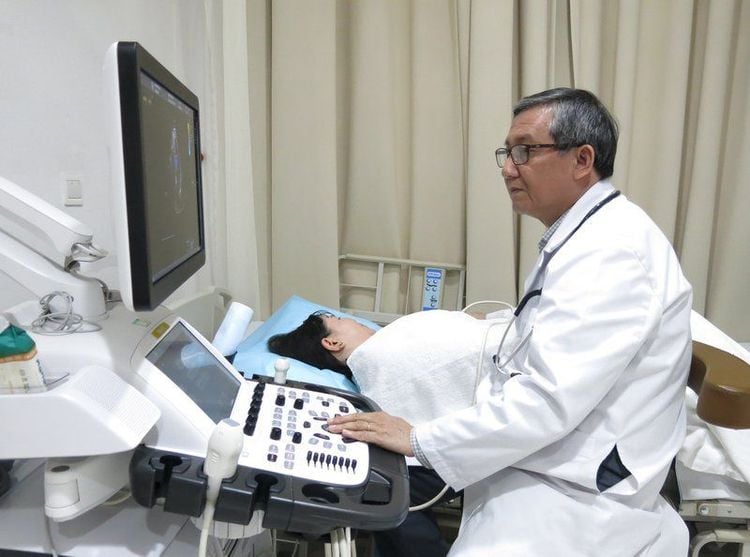
2.1. Diagnostic criteria for heart failure Accurate diagnosis of heart failure in the elderly is based on prominent criteria such as:
The patient has paroxysmal nocturnal dyspnea. Detects varicose veins in the neck. An enlarged heart (usually detected on a chest ultrasound). Pulmonary edema. Venous pressure elevation (>16cm H2O in the right atrium). There are feedbacks in the liver and jugular veins. Patients with weight loss >4.5 kg over a 5-day period were treated for heart failure). In addition, some secondary criteria may appear such as: Cough at night, dyspnoea with exertion, pleural effusion, tachycardia,...
Chest X-ray: Redistribution of pulmonary circulation, shadow The patient has enlarged heart, pleural effusion on both sides, interstitial edema. Electrocardiogram: Check for abnormal ventricular repolarization (T wave and ST segment), evidence of past myocardial infarction, ventricular repolarization abnormalities, etc. Quantify urinary sodium peptide (NT-proBNP or BNP) Note: Quantification of sodium peptides is not a routine test, and is usually ordered only when clinical evidence and ECG results are inconclusive.
2.2. Diagnosis The state of the disease can be determined on the basis of the most objective signs of physical disturbances in cardiac function at rest.
Doppler echocardiography can assist in the assessment of:
The size of the chambers of the heart and the thickness of the walls. Left ventricular ejection fraction. Ejection quality as well as ventricular filling. Mechanism of heart failure. Pulmonary artery pressure. Condition of the valve system.
3. Treatment of heart failure in the elderly
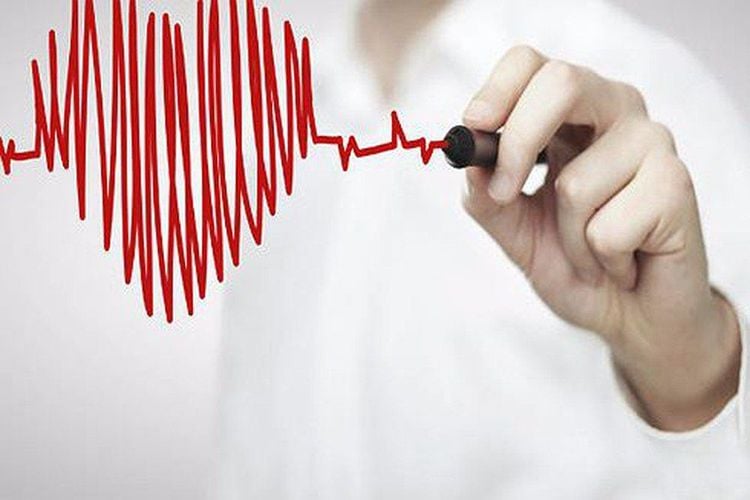
3.1. Main goal of treatments Improve quality of life: Ensure daily activities. Reduce symptoms such as: fatigue, leg swelling, shortness of breath, etc. Reduce the number of hospital admissions and treatment time of the patient. Prevention of decompensation episodes. Slow the progression of heart failure in elderly patients and reduce the risk of death. In which, the main treatment strategies applied today are: Changing the patient's lifestyle, combining drugs and supporting devices.
3.2. Notes when treating heart failure in the elderly Heart failure in the elderly needs to be treated carefully because the disease often appears from many different groups of causes. The course of drug treatment of this group of diseases is also quite complicated because there are often other comorbidities.
Although the patient has been diagnosed based on specific symptoms and comorbidities, it is still necessary to minimize the amount of medication given to the patient and check for potential drug interactions.
The treatment of the causes also contributes to actively supporting the treatment of tachycardia. The main causes that are treated are left ventricular dysfunction due to ischemic heart disease, hypothyroidism, thyrotoxicosis, cardiac arrhythmias, valvular lesions,...
Also Diet, lifestyle, and exercise also play an important role in the treatment of heart failure in the elderly. Patients should limit salty foods and do not drink too much water to avoid water retention. Patients should also not drink alcohol because they can leave the disadvantage of the heart is impaired.
Timely diagnosis and treatment of heart failure in the elderly, combined with a healthy diet and lifestyle, with regular follow-up and check-ups by doctors, will contribute to improving the quality of life. patients and prolong life.
Please dial HOTLINE for more information or register for an appointment HERE. Download MyVinmec app to make appointments faster and to manage your bookings easily.







